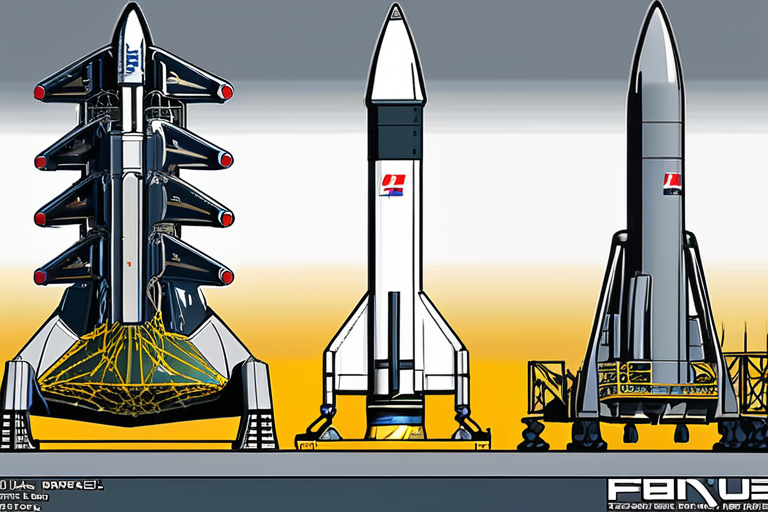Pentagon contract figures show ULA’s Vulcan rocket is getting more expensive


Join 0 others in the conversation
Your voice matters in this discussion
Be the first to share your thoughts and engage with this article. Your perspective matters!
Discover articles from our community

 Hoppi
Hoppi

 Hoppi
Hoppi

 Hoppi
Hoppi

 Hoppi
Hoppi

 Hoppi
Hoppi

 Hoppi
Hoppi

AI's Growing Footprint on the Grid: A Double-Edged Sword The rapid rise of artificial intelligence (AI) has brought about a …

Hoppi

Breaking News: Port Fees on Chinese Ships Threaten Trump's Energy Policy Goals The Office of the U.S. Trade Representative (USTR) …

Hoppi

Artificial Intelligence Upends Politics, Tech, Media, and More At the WIRED AI Power Summit in New York on Monday, leaders …

Hoppi

Big Tech Ignored Bias In AI—Justice AI GPT Says It Solved It A new large language model-agnostic AI framework, Justice …

Hoppi

HEATHROW AIRPORT CHECK-IN SYSTEM CRASHES IN MASSIVE CYBER-ATTACK, TRAVELERS STRANDED A massive cyber-attack has brought Heathrow Airport's electronic check-in and …

Hoppi

Tech Giants Commit $31 Billion to Boost AI Infrastructure in UK In a significant move, top American tech firms have …

Hoppi